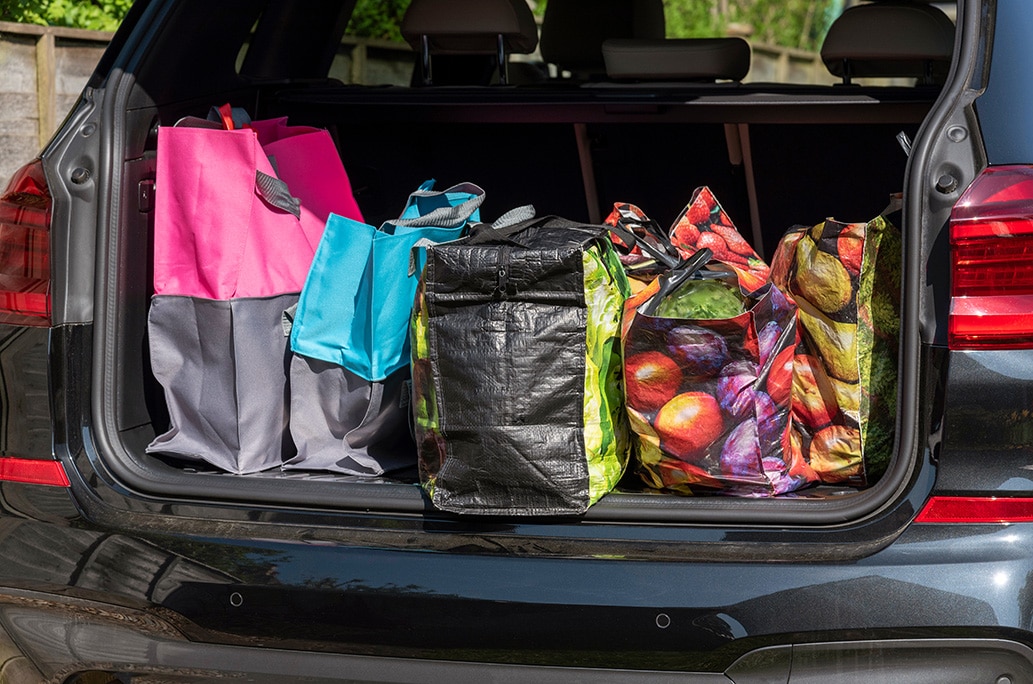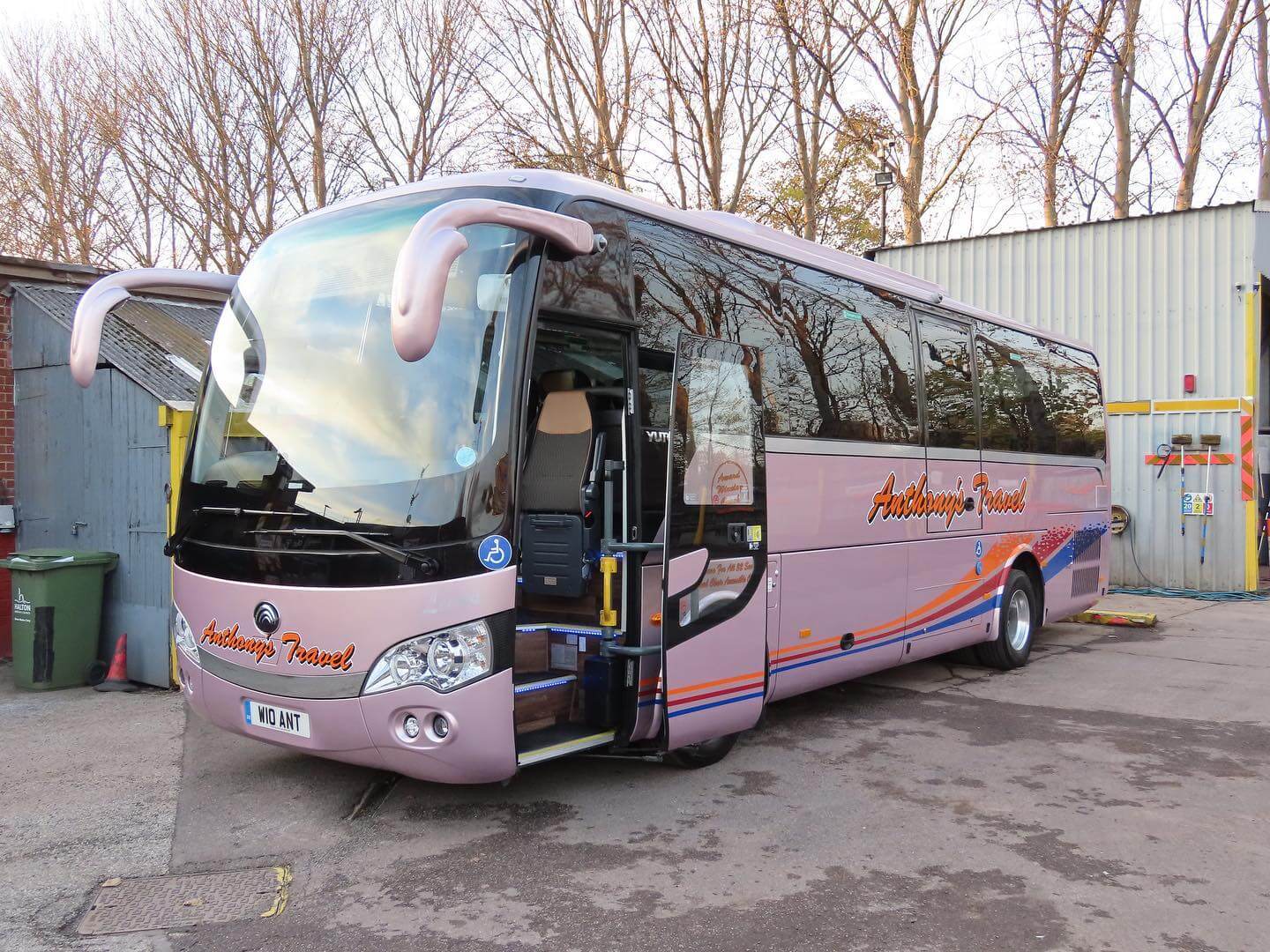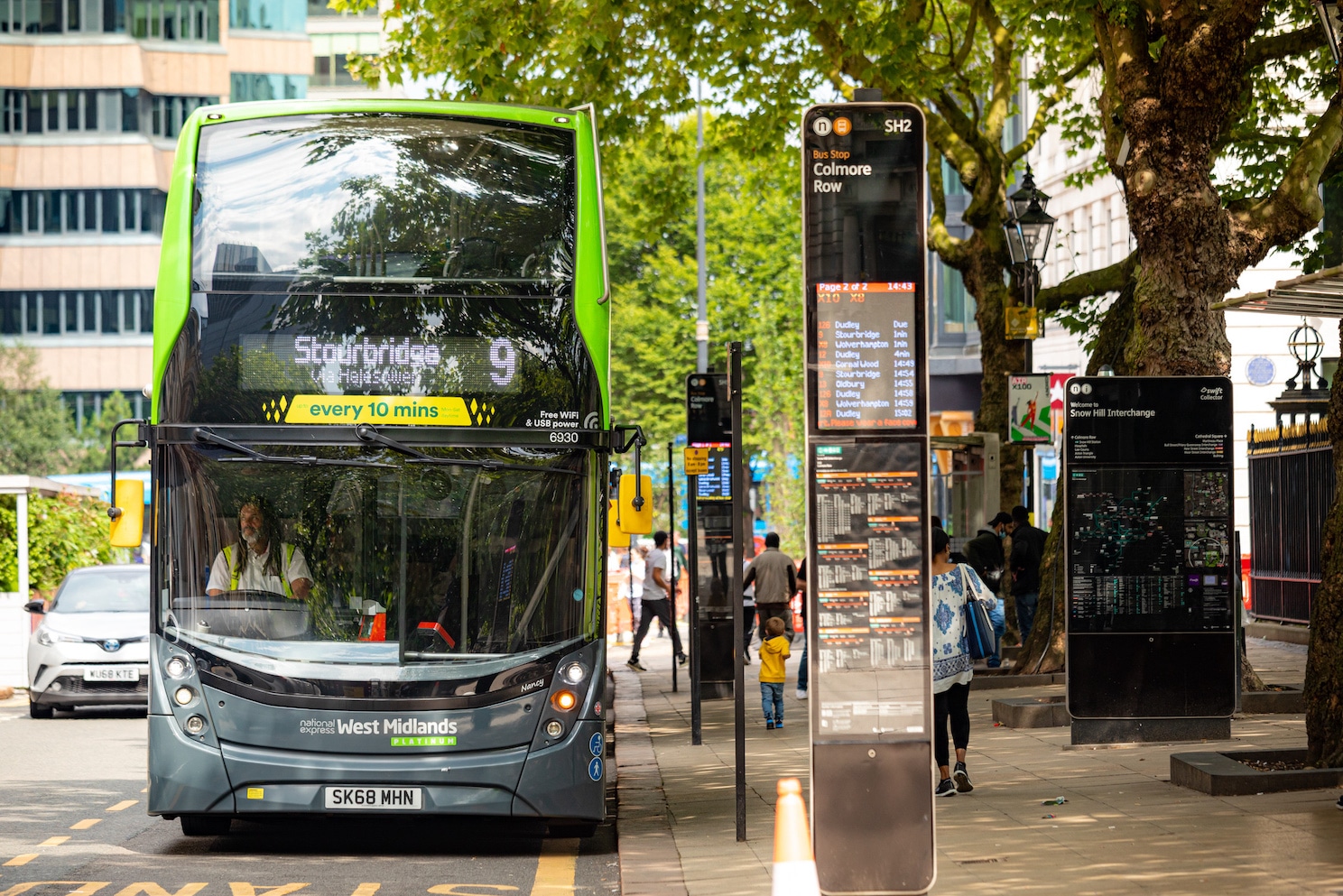Incremental change, social norming and financial incentives are three tactics that could get more people on buses, say the panelists of the ‘Changing Behaviours’ session at the CPT conference.
Speakers Jane Davidson, former Welsh Government Minister for Environment, Sustainability; Will Sandbrook, MD of Nest Insight; and Andrew Schein, a Research Advisor at the Behavioural Insights Team, gave real-life examples of successful shifts in societal behaviours and what the bus industry can learn from them.
Key learnings
Speaking about the UK-wide auto-enrolment of workplace pensions in 2012, Mr Sandbrook says there’s a “steep increase” in the number of people saving for their retirement.
“Around 90% of eligible workers are now saving for their retirement,” he says. “That’s about as higher level of participation you can see in any voluntary private pension saving system anywhere in the world.”
Mr Sandbrook admits shifting the default to public transport could be more difficult. However, there are key learning the industry can take from this policy.
He adds: “Starting people at very low levels of contribution enabled us to gradually increment up towards the full target behaviour, which is a potential analogy for buses.
“You don’t necessarily want to get people to give up their cars tomorrow. You want everyone to take one fewer journey by car and one more journey by public transport. And then over time take more journeys by bus, and then eventually realise they don’t need their car anymore.”
Dr Davidson uses the introduction of the single-use carrier bag charge in the UK as an example. Wales was the first UK nation to introduce a plastic bag charge in 2011 as part of its legislative framework to deliver on the UN’s Sustainable Development Goals.
Other UK countries have since followed suit, and the policy has substantially reduced plastic carrier bag use over the years.
Says Dr Davidson: “Actions that were once seen as outlandish are now seen as ordinary, and they have public support.
“Over 70% of people in the UK want their government to take action on climate change… So, we should be looking at how we can use that framework as a way of driving change.”
Financial incentives
Mr Schein provided details of a trial in Perth, Australia, to encourage more shopping centre staff to use public transport with free travel cards for four weeks.
Public transport use declined once they stopped receiving free travel. However, the trial found evidence that the intervention corrected some misperceptions surrounding public transport. It also found a statistically significant increase in the likelihood of people taking public transport.
Says Mr Schein: “It could be a promising intervention to allow people to use public transport systems for free or use other financial incentives to get their foot in the door. That way you can start correcting people’s misperceptions about the convenience or other motivations about public transport and start changing their habits.”
Each speaker agreed that simplicity is also key to changing behaviours. That includes keeping messages straightforward and focused on how using the bus can benefit people now rather than in the longer term.



























